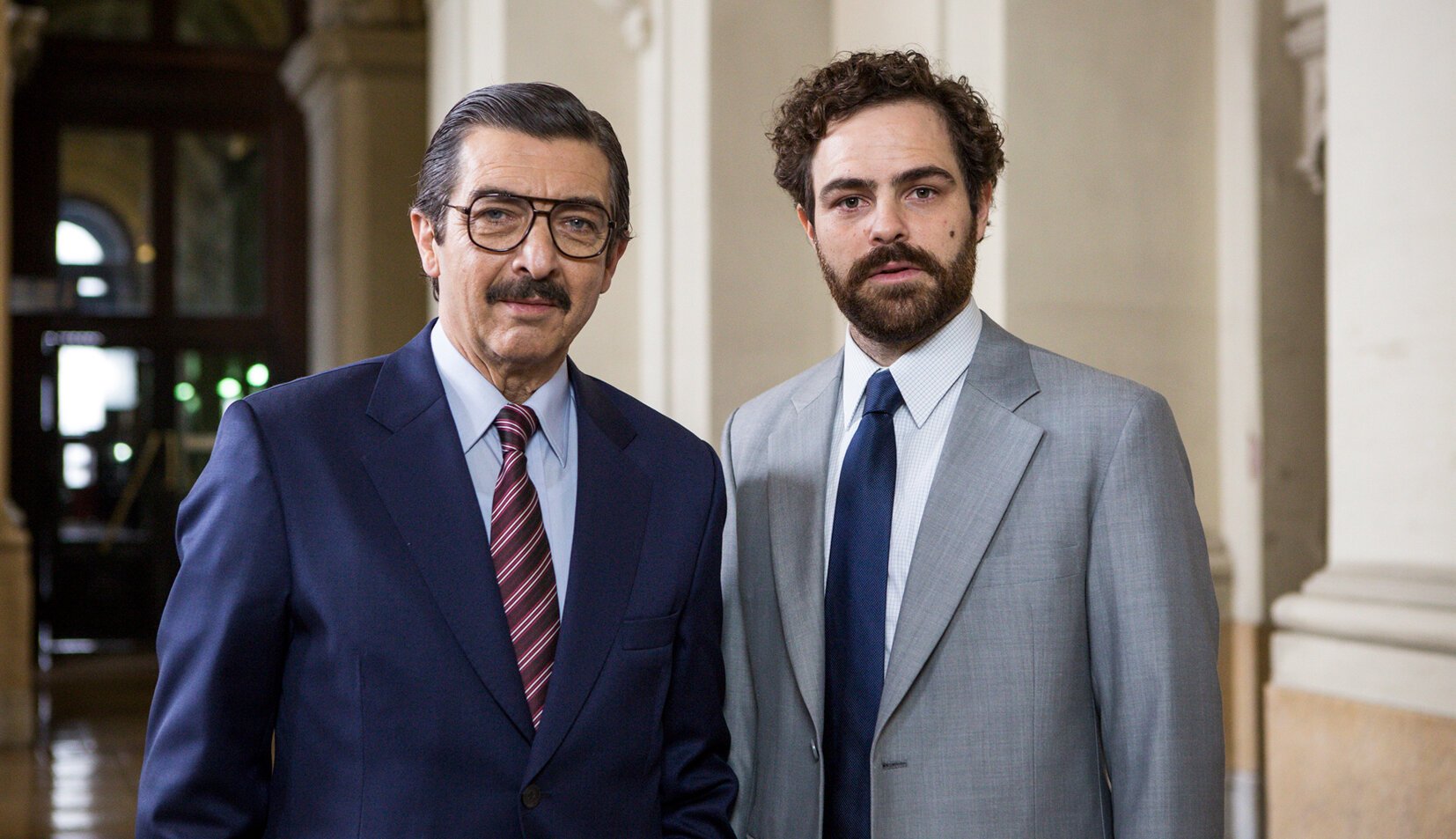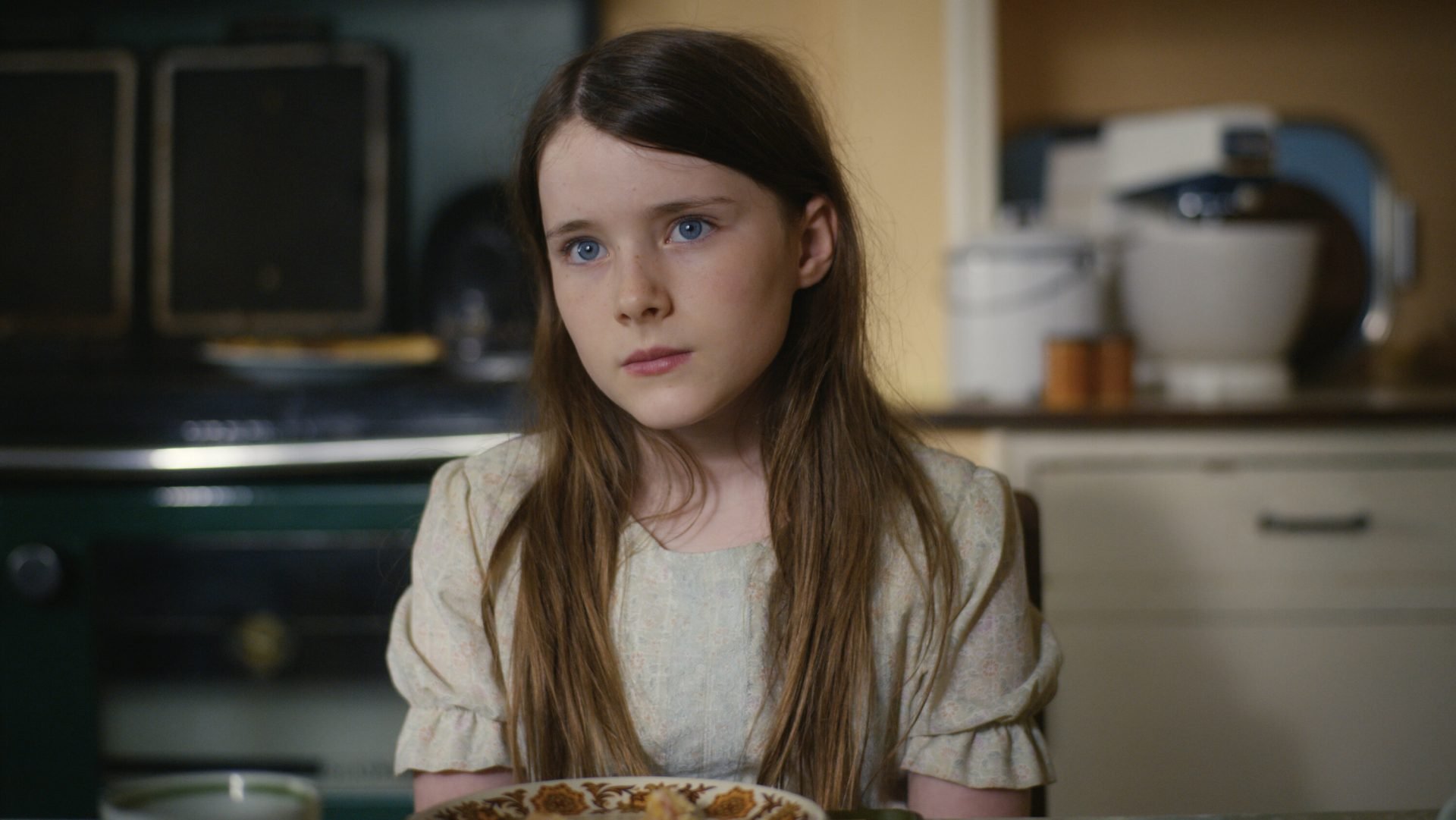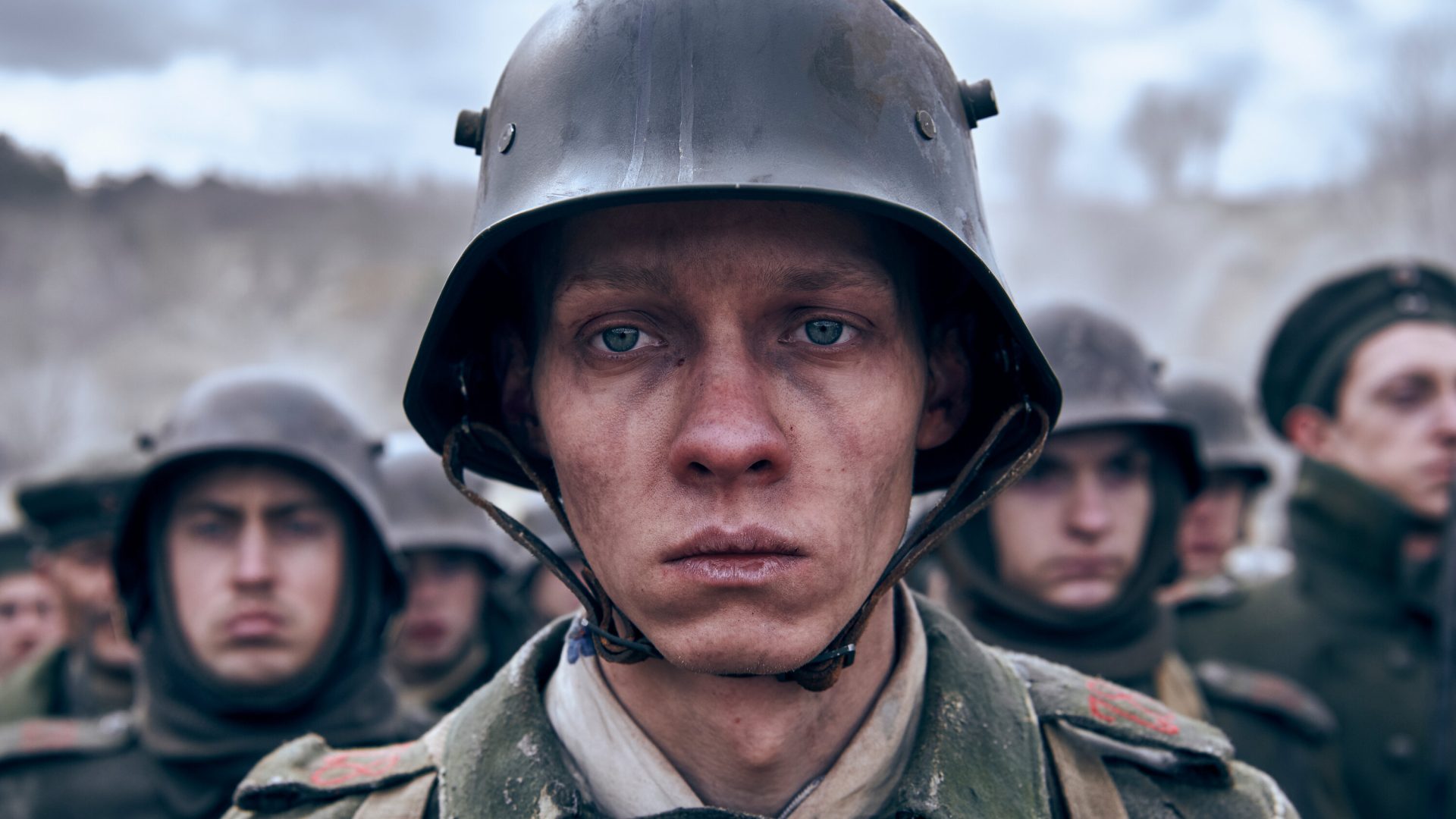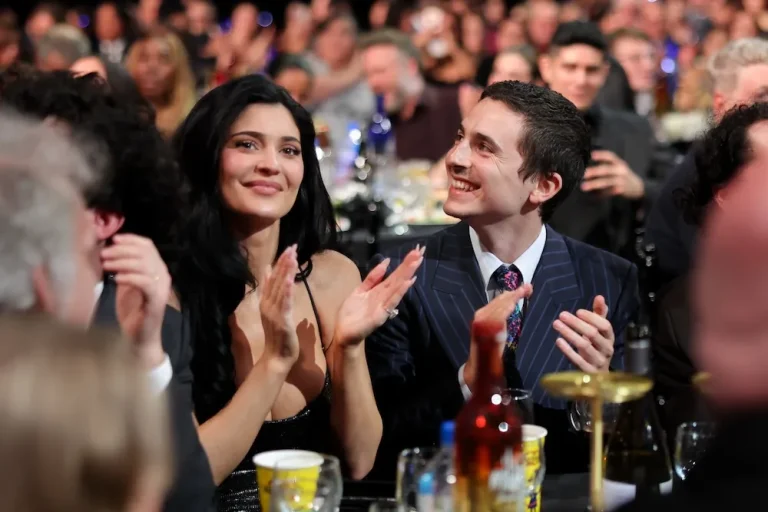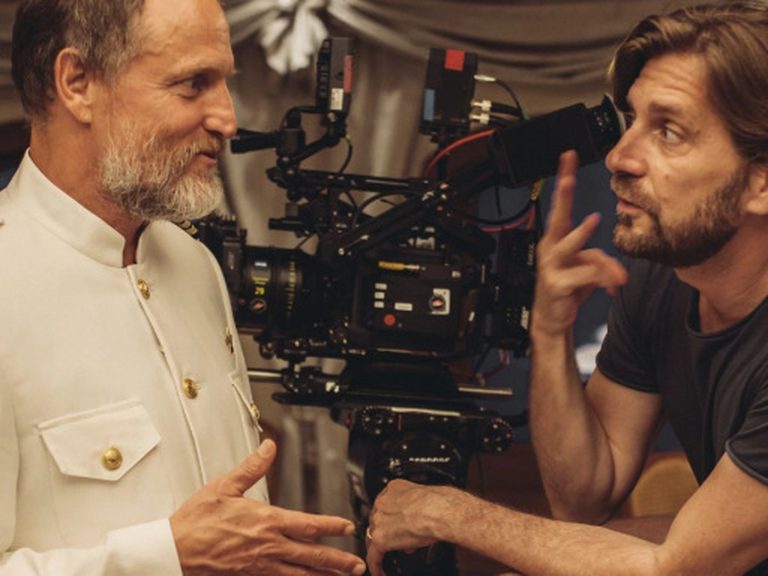Oscars 2023: Best International Feature Film Nominees, Ranked: The category of Best International Feature Film, called Best Foreign Language Film prior to Parasite’s big win in 2020, is certainly one of the most hotly discussed and debated. Often considered as and at times more important than the Best Picture winner, the recipient of this award is meant to represent the inclusive nature of a primarily American institution that celebrates motion pictures. Although a number of films are shortlisted, and significant titles tend to be overlooked, the nominees come to represent artistic voices from around the world which are not essentially mainstream and are most certainly not in English.
The nominees of this category this year are five diverse films largely from Europe, which have important things to say about the cultural backdrop of life in the countries they represent. From snapshots of war to anecdotes from childhood, these films are effective in their own right, the competition regardless. Although the snub of some deserving candidates, such as Pakistan’s Joyland, Cambodia’s Return to Seoul, and South Korea’s Decision to Leave, was disappointing, none of the nominated titles are undeserving in their own right. The eurocentric approach this year to pluck out the nominations is a relevant discourse in its own right that must be pushed.
This list is a personal ranking of the nominees of Best International Feature Film for the Oscars this year. It reflects the writer’s personal preference for the titles and is not to be confused as a prediction for the Oscars 2023 ceremony. Do share your personal preferences and opinions on the Best International Feature Film category and its nominees!
5. EO (Poland)
Inspired by Robert Bresson’s revered masterpiece Au Hasard Balthazar, EO is a wise and extremely off-kilter look at humanity. However, as a human drama, as seen from the eyes of a donkey tossed between different owners with different sets of intentions, positive and negative, it is also a comfortably naked vision of mankind.
Starring one of the finest non-human movie stars in recent years, the film is poignantly driven by its surreal ambiance and a sense of atmosphere so sharp and grueling that it is always full of itself and never at odds with the powerful sentiment of kindness. The film is a focused character study with a sturdy sense of morality, which better enables it to become a dark fairytale for the ages.
There are passing moments in the film which embrace theatrical indulgence. Still, overall, the film is so confidently shot and crafted that it feels unnerving and healing, cruel and compassionate, all at once.
4. Argentina, 1985 (Argentina)
A very important trait of Santiago Mitre’s Argentina, 1985 is that it dodges the trappings that could easily make it a historical chapter heavy with exposition. But an even more important trait of it is that it cleverly uses its familiar elements to pull a mocking punch on the fascists taken down by the trial.
Powered heavily by the subtle and organic performances of Ricardo Darin and Peter Lanzani and a tightly co-written script by Mitre with assistance from the very talented Mariano Llinás, Argentina, 1985 is one hopeful dramatization of a true tale that inspires warmth rather than inducing anger, and that effectively works in its favor.
It isn’t especially nuanced or even hugely mainstream, but most of its flavors land because the staging of it all is rather impressive and with an unobstructed flow of its own.
3. The Quiet Girl (Ireland)
An adaptation of the 2010 Claire Keegan novella Foster, Colm Bairéad effectively translates a tale of suppressed trauma and muted pain into an effectively minimalistic childhood tale, shaping his stunning debut picture, A Quiet Girl. So much simmers underneath its well-furnished surface, yet the film manages to keep its wonderfully lived-in tone intact.
Both a film about the sustainability of innocence and the immediate loss of it, this Irish character study of a little girl spending a summer in her aunt’s manor might be deemed too slight by some. However, its devastating power lies in its never trying to become something definitive like a found-family drama or a sinister tragedy with some deeply horrific secret. It has a deeply moving focus on the sweet and absorbing parentage given to its little, charming, and in some ways, mysterious heroine.
One of the most visually literate films of the year, it is held together by the dazzling charm of newcomer Catherine Clinch, who delivers one of the most overlooked performances of the year. The beautiful supporting roles played by Carrie Crowley and Andrew Bennett also went under the radar.
2. All Quiet on the Western Front (Germany)
Calling All Quiet on the Western Front, a remake of any of the two American adaptations of the Erich Maria Remarque novel, would be very incorrect because, through this contemporary adaptation, German director Edward Berger truly reclaims the anti-war classic that expressed to the global literary humanity what it means to create art that is descriptive of the battlefield but is still anti-war.
All Quiet on the Western Front is muscularly directed and acted. Not one film that I’ve seen from this year matches its action choreography, making violent stretches of war even more gripping, despite the bloodshed. Its photographic, intimate, and at the same time expansive camerawork is stark, the beautiful and barren trenches never overbearing on the inhumane and tragic situation.
None of this would have mattered if the film had compromised the essence of the universal message against fighting that it brings to the fore- the fact that grief and shame of it all stand above heroism and victory. This is very much a horror film about a young man punished for his false conceptions of a swaggering march on the streets of Paris.
The film’s pressing vision of the inconsequential nature of war and the madness of a battlefield is so relevant to the times we live in that the film has also been championed as the most predicted winner in this category, also nominated for the Academy Award for Best Picture. Although panned by German critics for being largely unsentimental, this is an immediately claustrophobic achievement that was hard for me to shrug off for days on end.
1. Close (Belgium)
If Lukas Dhont’s freewheeling and visually arresting drama Close exploded or evolved into a certain narrative territory, I would have been disappointed. This is because the emotional conflict at the heart of the film is so profound and connects so personally to me that it becomes hard to be technically objective about it.
Whatever little toughness of mind that I’ve had through my life has come from losing friends. Yes, it has happened in my life that I have lost someone I thought I had such a strong bond with that I can’t afford to lose, and not just once. But it’s heartbreaking that some people might recklessly assume that moving on should be second nature and it is completely normal and mechanical to push away or be pushed away.
All of this has been constructed so incredibly through the story of Remi and Leo and performed so brilliantly by the leading lads and the cast around them that it feels like one is seeing a mirror reflecting a piece of themselves. Well, that was exactly how it worked for me. Close is the most personal and mournful coming-of-age film of the year. Hence the most deserving candidate to win the award.

